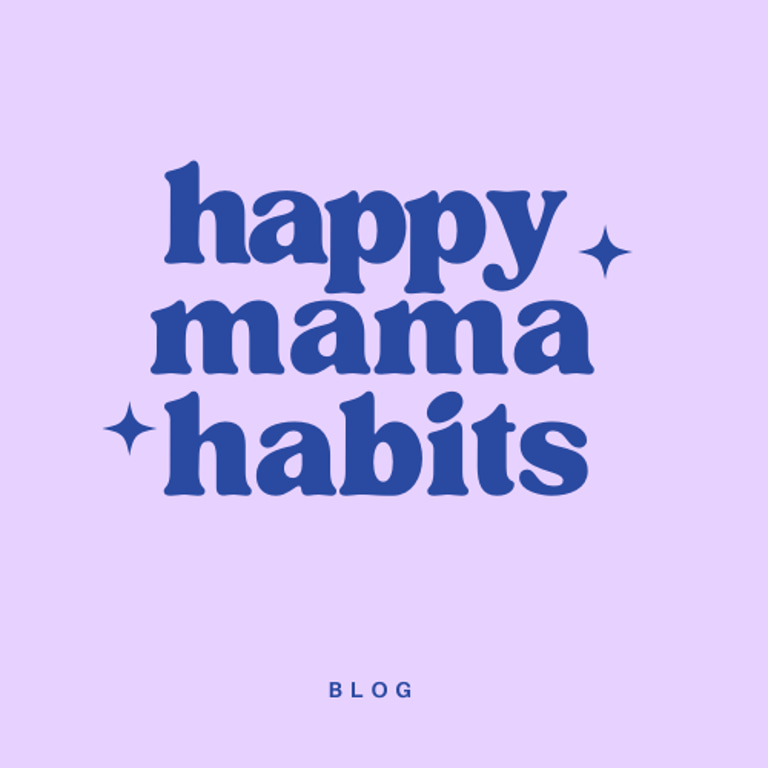When You’re Carrying Everything
A Gentle Reset for Burned-Out Moms
11/1/20255 min read


When You’re Carrying Everything: A Gentle Reset for Burned-Out Moms
Some evenings you look around and think, “How am I the only person who knows where the library book, the soccer cleats, the favorite cup, and everyone’s emotions are?” You’re not imagining it. The invisible stuff—remembering, anticipating, soothing—adds up until your body feels like a phone with 2% battery. If that’s you, you’re not broken and you’re not alone. You’re a loving human doing too many jobs at once. This post is a hug, a flashlight, and a small plan.
The Story We Tell Ourselves (and How to Change It)
Burnout loves a harsh narrator: If I drop one ball, I’m failing. Try a different story: I’m doing an extraordinary amount with ordinary energy. The system needs help, not more of me. You don’t need to become a new person. You need fewer pulls on the old one.
Start small. Choose one moment of the day that always frays—maybe the 4–6 p.m. window—and treat it like a project. What would make that hour 15% easier? A snack tray set out at 3:45 so everyone lands softer? A quiet activity basket you only bring out then? A ten-minute walk after dinner while someone else handles dishes? One tiny change can take the edge off the whole evening.
From “I Do It All” to “We Run This Together”
Many of us learned to be the default. It’s no wonder we assume, If I don’t hold it, it falls. But being the default is a role, not a destiny. Imagine yourself as the home’s project manager instead of the martyr. Project managers don’t do every task—they make sure tasks have owners, timelines, and tools.
Pick one recurring lane and hand it over completely. Not “help with lunches,” but “you own lunches Monday, Wednesday, Friday—start to finish.” If bedtime is a pain point, split nights or assign specific nights. If school forms are a landmine, set a Sunday check-in where the person in charge opens the email, fills the form, and puts the paper in the backpack. Ownership beats “help” every time because it removes the mental follow-up from your brain.
The Loneliness Layer
Burnout feels heavier when you feel invisible. You can be surrounded by noise and still feel alone. Counter that with micro-connection. Choose two people you can text without preface. Send: “Rough hour. Tell me one ordinary thing from your day.” You don’t need a summit meeting to feel less alone; you need proof you’re still part of a web. If you’re new in town or rebuilding, start at library story time, the school pickup line, or a local moms’ group—say one brave sentence: “We’re figuring out this season—how’s yours going?” The first “me too” can lighten a whole week.
The Keystone Ten
You don’t need a 27-step morning routine. You need ten dependable minutes that make the rest of the day kinder. Keep it simple: drink water; wash your face and put on SPF; glance at the calendar; reset one small surface; add one flourish that makes you feel like you—lip/cheek tint, a favorite scent, a tidy ponytail, whatever reads “me” to your brain. Do it most days, not all days. The win is steadiness, not streaks.
At night, create a soft landing: clear the sink, set up coffee or tea, lay out clothes or kids’ bags, stretch for sixty seconds, note three things that went right. You’re not trying to impress anyone. You’re cueing your nervous system to stand down.
Turning the Mental Load into Shared Reality
So much of what exhausts you lives in your head: sizes, schedules, allergies, the exact tone that prevents a toddler meltdown. Get some of it out where others can see it. A whiteboard on the fridge, a shared calendar, a single family app—pick one hub. On Sunday, do a short huddle: what’s happening this week, who owns which tasks, what’s for dinner three nights. If it isn’t assigned, it isn’t assumed. You’ll still carry a lot because you care, but the loop stops being endless.
Boundaries That Keep You Human
You’re allowed to protect your peace. Practice short sentences that don’t over-explain: “I’m taking ten minutes in the bedroom; I’ll be back at 7:15.” “Weeknights don’t work for us—let’s look at Saturday.” “I can do pickup or practice, not both.” If guilt pipes up, treat it like a notification: read it, learn what’s useful, then swipe it away. Guilt is information, not a set of handcuffs.
Finding the Leaks
For one week, notice three moments a day: one when you felt good, one when you dragged, one when your energy leaked. You’ll spot patterns fast. Maybe every night you scroll yourself into a headache, or every morning you’re hunting clean water bottles. Fix one leak with something small: a charging basket outside the bedroom; a bin of clean bottles and lids by the sink; a snack plate prepped before school pickup. Two tiny fixes can change the texture of your days.
Talk to Yourself Like Someone You Love
Your inner voice is the soundtrack of your life. If it’s stuck on “not enough,” it’s time for a new playlist. Try: “Other moms struggle too; most just don’t post it.” “I’m learning under pressure.” “Stopping is allowed.” Tape a sentence you like to the fridge or the bathroom mirror. Read it when your shoulders creep up toward your ears.
A Weekly CEO Hour (Because Your Life Deserves Strategy)
Once a week, give your life sixty intentional minutes. Look back—what worked, what drained, what made you smile. Look ahead—your top three priorities across home, self, and work. Then take one small step on a personal goal: book the appointment, write the first paragraph, order the photo prints, walk around the block. End by prepping one or two things for the week—meals, rides, outfits. This isn’t a performance; it’s care. Ship one tiny deliverable and let the feeling of progress stack.
If the Fog Is Heavy
Sometimes burnout overlaps with anxiety or depression. Reaching out is strength, not failure. Tell someone you trust, make an appointment with your doctor or a counselor, and if you’re in the U.S. and having thoughts of self-harm, call or text 988 for immediate support. You’re worth the effort and the help.
Start Here, Today
Right now, drink some water. Reset one small surface. Send a text that says, “Five-minute voice note later?” Ask for ownership of one task to shift off your plate. Choose your ten-minute morning or evening anchor and write it on a sticky note. Tonight, write a done list—three things you did, not what’s left.
You don’t have to be everything to everyone to be a good mom. You already are a good mom. What you need is a kinder story, a little help, and a few simple systems that honor your very real, very human energy. The goal isn’t perfection; it’s relief. One gentle change at a time, the weight eases, and you get to feel like yourself again.
